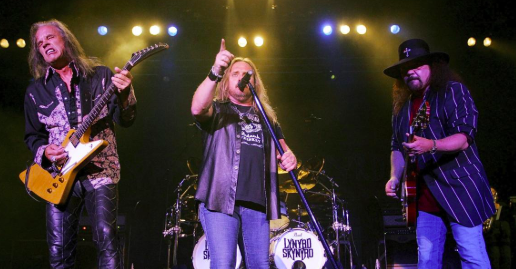In 1977, when a plane crash killed Lynyrd Skynyrd’s original lead singer Ronnie Van Zant and two other bandmates, the remaining living band members made a ‘blood oath’ not to exploit the group’s name after the tragic crash.
True to their “blood oath”, Lynyrd Skynyrd filed a case against the release of the movie called Street Survivors: The True Story Of The Lynyrd Skynyrd Plane Crash based on the band’s intentions not to profit over the plane crash that killed its founding members.
Previously, a lower court judge decided that the film violated such oath made by the band members. However, the 2nd US Circuit Court of Appeals has reversed that decision, letting the movie be distributed.
The New York federal appeals court says a new Lynyrd Skynyrd film can be released despite the dispute over the band’s adamant intention to keep the story pure and protect it from being a means to gain commercial profit.
Evan Mandel, the attorney for the film’s makers and Cleopatra Entertainment, called the ruling “a victory for filmmakers, artists, journalists, readers, viewers and the marketplace of ideas”.
Mandel adds,
“The band fails to appreciate the irony of singing about freedom while attempting to use a secret gag order to prevent other artists from expressing views with which the band disagrees.”
https://www.instagram.com/p/BlBe7BhlMDO/?hl=en&taken-by=skynyrd
Van Zant’s widow and other involved parties, including founding band member Allen Collins, began the suit.
The 2nd Circuit concluded a consent order meant to resolve a 1988 lawsuit over how the band’s name could be used was insufficiently precise in its language to sustain an order blocking the film’s distribution. The appeals court highlighted a First Amendment concern when it noted that the filmmaker was supported in its appeal by a number of journalism and entertainment organizations. However, the judges think otherwise, and the appeals court has stated,
“No government entity has obtained a court order to prevent the making or release of the film, … nor does the case involve a claim of defamation or invasion of privacy as to which the First Amendment imposes special requirements.”
https://www.youtube.com/watch?v=Hv4gwK_VNd8

